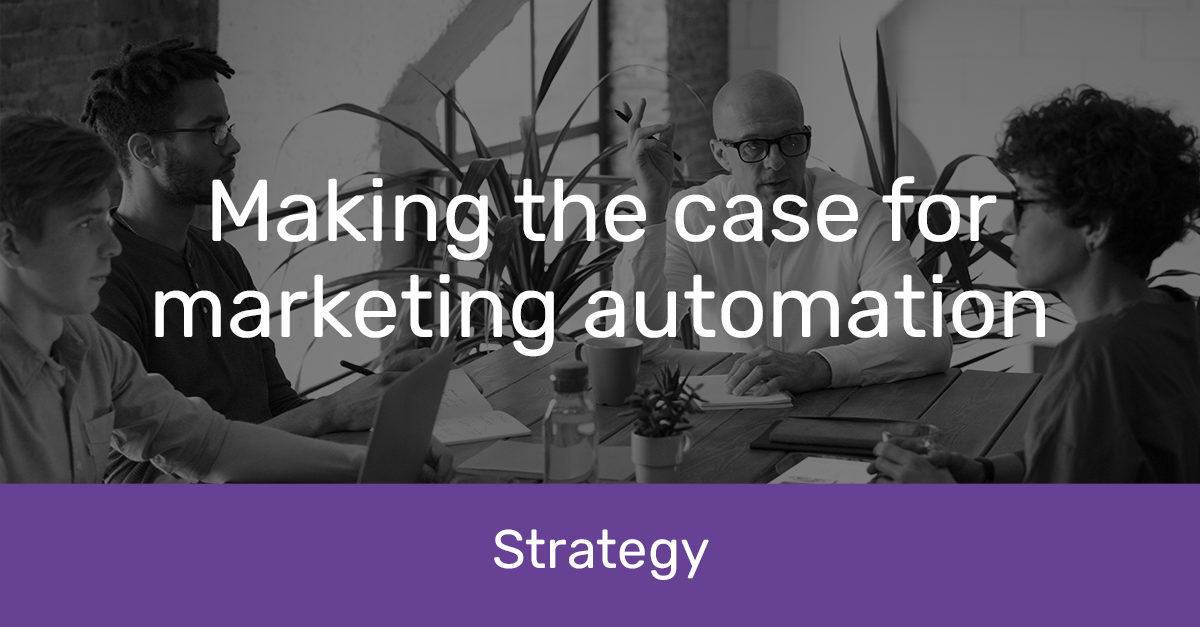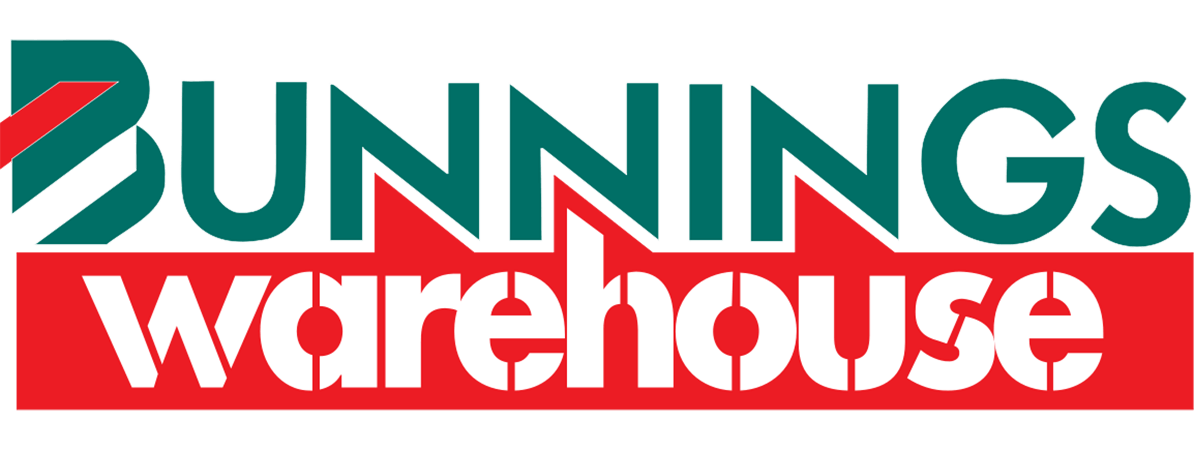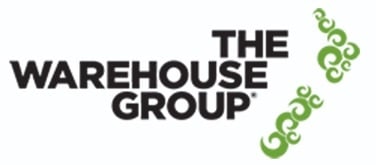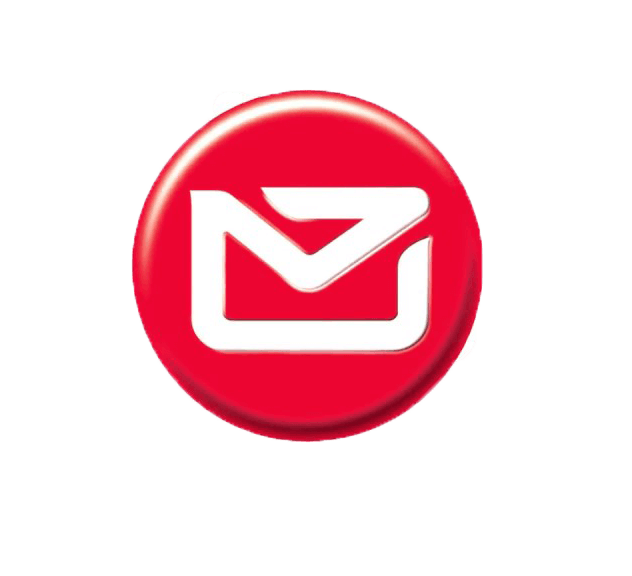Making the case for Marketing Automation
Selling automation to your executive leadership team
If you’re working in a marketing team, you’re probably well-versed in the benefits of marketing automation. You’ll have read think-pieces about the transformational effects of personalisation at scale, watched demos of automation platforms in action and heard all about the visibility, analytics and lead management tools available. To you and your team, investing in an automation platform seems like a no-brainer. But, most of the time, the people using the tech are not the ones with decision-making power.
Getting an automation platform up and running requires extensive work and a not-insignificant cost – from the initial cost of the software and time spent training, integrating and importing data to ongoing subscriptions and support. It’s no small decision, so it won’t happen unless the financial decision-makers are on board. To get that crucial support, you need to be able to explain and justify the benefits, not just to your team but to the business as a whole.
Here's our guide to building a business case for marketing automation:
Start with the basics
What is a marketing automation platform? If the leaders in your business aren’t closely involved with the marketing side of things, they may be less aware of the features and functionality available. Start with a rundown of the most useful features for your business.
This could include:
- Multi-channel capacity – manage email lists, messaging, social media and digital advertising through one platform.
- Email marketing tools – build email templates and use dynamic content to personalise with ease.
- Content creation tools and storage – create message templates, copy and images for your marketing, and access them all through the system.
- Customer segmentation and targeting – group customers based on browsing or purchasing behaviour, location or other factors, and target with specific messaging.
- Registration forms and opt-in preferences – create and manage registration forms and associated data.
- Landing pages – build landing pages to support specific campaigns.
Immersed in the world of emails and digital advertising, marketers instinctively understand the importance of personalisation. But your CFO or accounting team might not. Because it’s a nebulous concept, personalisation can be hard to justify as part of a business case. How do you connect it to tangible business benefits?
This is where homework comes in handy. Before delivering your business case, run a small email sample to – hopefully – prove the value of personalisation. An A/B test run through your current email channel, one with a personalised message and one with a generic message, could make your case stronger. If small-scale results show that personalisation works, it’s a point in favour of using marketing automation to scale up.
Visibility is everything in business – and marketing automation delivers. Automation platforms give you access to all your marketing tools and content in one place, making it far easier to manage, track and report on results. Most also include built-in analytics tools for real-time reporting. For CFOs and accounting teams, this sort of instantaneous measurement is a major selling point.
Of course, access to all content and customer details also gives decision-makers control over the marketing process. With a centralised platform and easily accessible marketing tools, leaders can see all customer communication, advertising content and customer details. This level of control is about consistency and risk reduction, both delivering benefits for your business reputation.
- Customer data, campaign content and outcomes are all visible through a single platform.
- Reporting tools offer immediate visibility around campaign results.
What accountant could argue with a tool that improves sales productivity by 14.5% and reduces marketing overhead by 12.2%? An automation platform (as the name suggests) eliminates many of the repetitive manual tasks involved with managing a marketing campaign. You’re set up to manage campaigns more effectively, track and analyse throughout and introduce new elements as needed. Because all your content is accessible, you’ll also save time developing new campaigns, as you can reuse elements and work from templates. It’s about getting more done without the need to expand your team or bring in staff with different skill sets.
But time isn’t the only measure of success. Because it’s centralised and integrated with other work systems, an automation platform also helps you deliver a streamlined, consistent customer experience. This enhances your brand reputation and reduces the risk of unhappy customers and rapid churn.
- Manage multiple campaigns effectively.
- Streamline tracking and analytics, reducing reporting time.
- Deliver a consistent customer experience.
From business case to business results
With multi-channel capacity, incredible functionality and personalisation at scale, automation platforms offer serious benefits for marketing teams. The only issue? Getting leadership to agree to invest in a brand new system. Presenting a business case for automation is a great first step – and after that, we can help with the details.
Get in touch to talk about automation platforms and marketing success.
















































